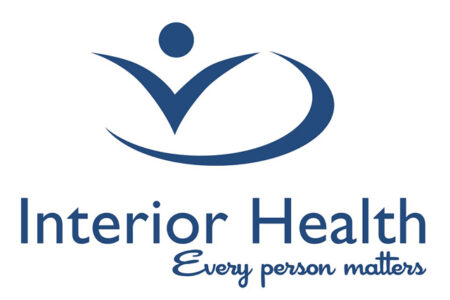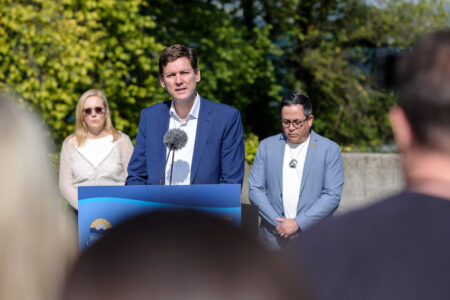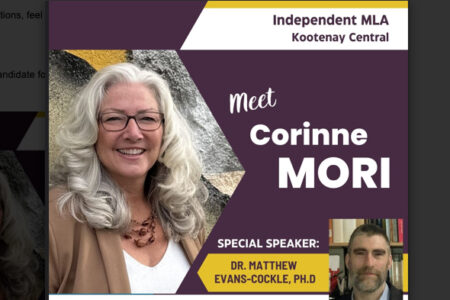Health Care Forum explores future of Care in Area
By Suzy Hamilton, The Nelson Daily
Health care has emerged as one of the key issues of the 2013 provincial election in the Nelson Creston riding, as voters question the future of their health care under a new government.
“I believe that the next four years will be critical for the health care of the entire region,” said Dr. Shiraz Moola, obstetrician/gynecologist at Kootenay Lake Hospital and researcher with the Center of Rural Health Research.
He is one of the organizers of the All Candidates Health Care Forum set for 7 p.m. Thursday, May 9, at the Hume Hotel.
Entitled, What’s in your Health Care Future, candidates Michelle Mungall (BC NDP), Sjeng Derkx (Green Party of BC) and Greg Garbula (BC Liberals) will each answer questions prepared by health care professionals in the first hour and take questions from the audience in the second hour on health care issues.
“We have arrived at this format as a way of allowing the candidates time to prepare thoughtful responses that outline concrete solutions. We hope to have the candidates touch upon eldercare, child and youth services, mental health and acute services (emergency and surgical care) for the riding of Nelson-Creston, ” said Dr. Moola.
Dr. Moola has worked at Kootenay Lake Hospital since 2003. His ob/gyn work in Nelson was featured on CBC’s White Coat Black Art series, along with the midwives and family physicians, as an outstanding example of collaborative rural medicine.
He may owe some of his success to a group of pregnant women who successfully protested at then Socred MLA Blair Suffredine’s office to keep obstetrics and gynecology in Nelson when the cuts were first announced.
Despite other wide community efforts, by those such ad hoc organizations as Save Our Services (SOS), the number of Nelson’s hospital beds were reduced and emergencies needing diagnostics such as a CT scanner were routed to Kootenay Boundary Regional Hospital in Trail by ambulance.
Administration was centralized under the Interior Health and Kootenay Lake Hospital lost its four bed intensive care unit, and its general surgeon.
Before 2002, there were three full time equivalent surgeons in Nelson and two at the Kootenay Boundary Regional Hospital in a two-site model of health care delivery.
“A general surgical service is the cornerstone of any rural hospital that possesses an operating room,” said Dr. Moola.
Kootenay Lake Hospital remains the only hospital of its size in Canada without a general surgeon, he said. A CT scanner was finally obtained at KLH 2011, but the community had to fundraise over $1 million to pay for it.
In Nelson, the loss of the local general surgical program over a decade ago continues to provide challenges in maintaining high quality and sustainable surgical care said Dr. Moola.
In Creston similar challenges exist with respect to provision of rural surgical services. Kaslo is also facing challenges staffing its emergency services 24/7.
But there is more at stake than health in this election, said Dr. Moola. “We recognize that robust, accessible and safe medical care is the backbone of many rural communities. These health services also provide an economic magnet to attract and maintain businesses and to keep our elders and young people in the community,” he said.
The all candidate forum is sponsored by the Nelson Area Health Society (NASH), the Community First Health Coop, The Nelson Daily and EZ Rock Radio, Kootenay Food Coop and Kootenay Coop Radio.
“The real two tier health care system in Canada is about urban compared to rural services. Where you live and where you get sick can have profound impacts on one’s access to care and health outcomes. At present only 14% of British Columbians live rurally, though in this riding it is greater than 50%,” added Dr. Moola.
“That is why I feel it is so important to recognize the health care challenges facing our communities.”

























